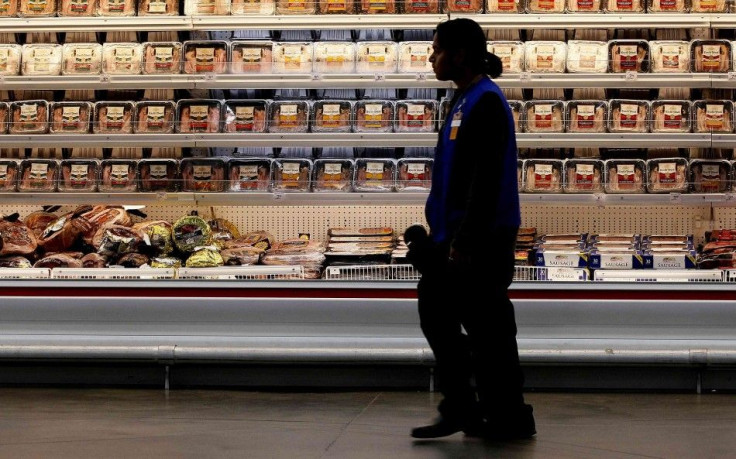EU Food Makers Smuggling Products into Russia Via Switzerland

Food makers from member-states of the European Union included in Russia's list of banned agriculture imports are devising ways to smuggle their products into President Vladimir Putin's country via Switzerland, according to reports.
Mr Putin, earlier in August, ordered a one year ban on imports of agricultural and food products from the countries that had slapped sanctions against Russia, including the United States, the European Union, Canada, Australia and Norway. The specific embargoed items were meat, poultry, milk products as well as fruits and vegetables. The only exclusions were infant foods and goods.
Russia excluded Switzerland from among all the EU member-states because it is not a member of the 28-nation bloc, although it has a free-trade agreement with the Eurozone.
Because of Switzerland's exclusion, EU food makers have been talking with the country's agriculture authority to try to bring in their products to Russia, with Switzerland acting as third party country.
Russian daily broadsheet newspaper Izvestia, citing Anne Rizzoli, spokeswoman for the Swiss Federal Office for Agriculture (FOAG), an agriculture authority under the Federal Department of Economic Affairs, reported various importers of foods and agricultural products from Europe had been contacting the Swiss nation. The report did not mention identities of the companies and nations that had contacted the Swiss office.
Izvestia likewise said that the European Milk Board had apparently confirmed it was mulling to send out their products to Russia via Switzerland as well as South American countries.
"European products, earmarked for Russia, will be delivered there through these countries," EMB Vice President Sieta van Keimpema told Izvestia.
Russia has reportedly eyed South America to provide the necessary substitution for the restricted goods from the European Union, Canada, Australia and Norway.
Producers affected by the Russian embargo had called on the EU to compensate producers or support prices. "This is serious business," the WSJ quoted Pieter Verhelst, European and international affairs adviser at the Belgian farmers' association. "We show solidarity to the Ukrainian people. Now we ask for solidarity from European taxpayers and consumers to cover the losses that we suffer from this ban."





















